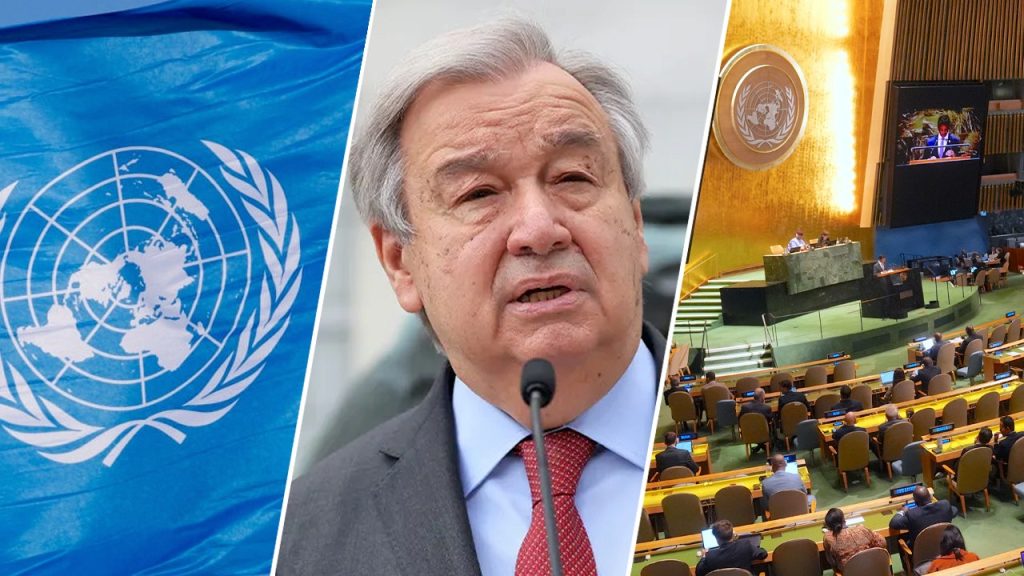The United Nations advisory body on artificial intelligence (AI) recently issued seven recommendations to address AI-related risks. However, Phil Siegel, a co-founder of CAPTRS, believes that these recommendations do not cover critical areas of concern. He points out that the UN did not address the unique role of AI in different parts of the world, including the impact of varying economic structures and regulatory frameworks. Siegel suggests that the UN should have been more specific in its recommendations, taking into account the different environments and needs of countries like the United States and Europe.
The U.N. Secretary-General’s High-level Advisory Body on AI proposed guidelines to cover “global AI governance gaps” among its 193 member states. The suggested measures include establishing an International Scientific Panel on AI, creating a policy dialogue on AI governance, and forming a global AI fund. Siegel believes that these recommendations show the UN’s efforts to establish a stronger presence in AI governance. While he acknowledges the importance of setting the bar in the right direction, he also questions the feasibility of some of the proposed measures.
Various entities have been working on global-level coordination in AI policy as nations try to maintain a competitive edge while ensuring safety. While countries work on developing AI for various uses, they also convene safety summits to align policy. Siegel recognizes the U.N. as a potential coordinator for these efforts due to its global forum status. However, he expresses concerns about potential U.N. overreach and suggests that coordination should focus on implementing best practices rather than imposing strict rules on member states.
Siegel notes that the U.S. and Europe have made significant progress in developing long-term safety regulations for AI. He also emphasizes the importance of involving Asian nations in discussions around AI governance. While the U.N. may be a logical coordinating agency due to its widespread membership, Siegel questions whether it is the right forum for convening discussions. He suggests that the U.N. should focus on supporting and tracking progress in AI governance rather than trying to drive the process.
In the midst of efforts to address AI-related risks and establish global AI governance, the U.N. remains a key player in facilitating coordination among countries. While there are concerns about U.N. overreach and the feasibility of some proposed recommendations, the organization’s global status makes it a valuable forum for discussing AI policy. As nations continue to advance in AI development and safety regulations, collaboration and dialogue at the international level will be essential in shaping the future of AI governance.


